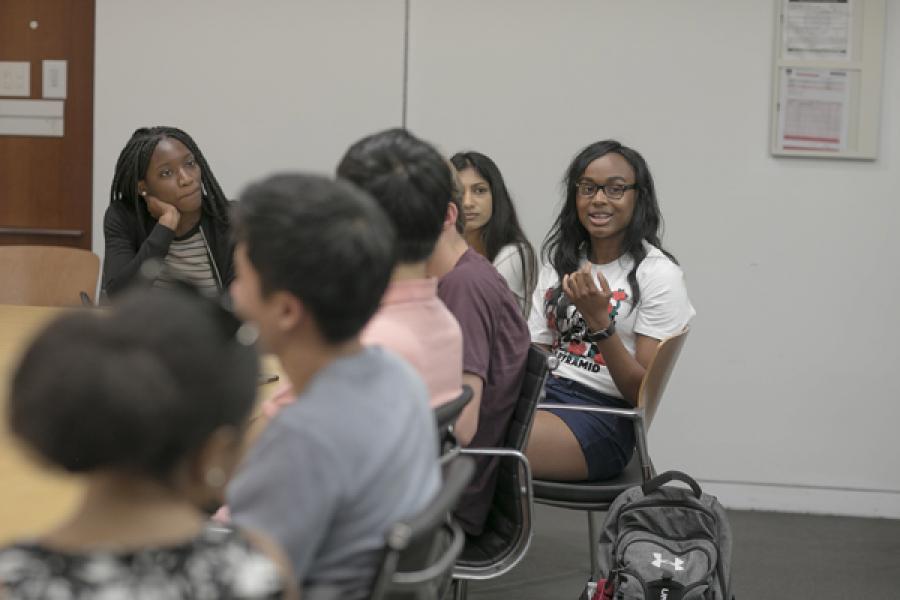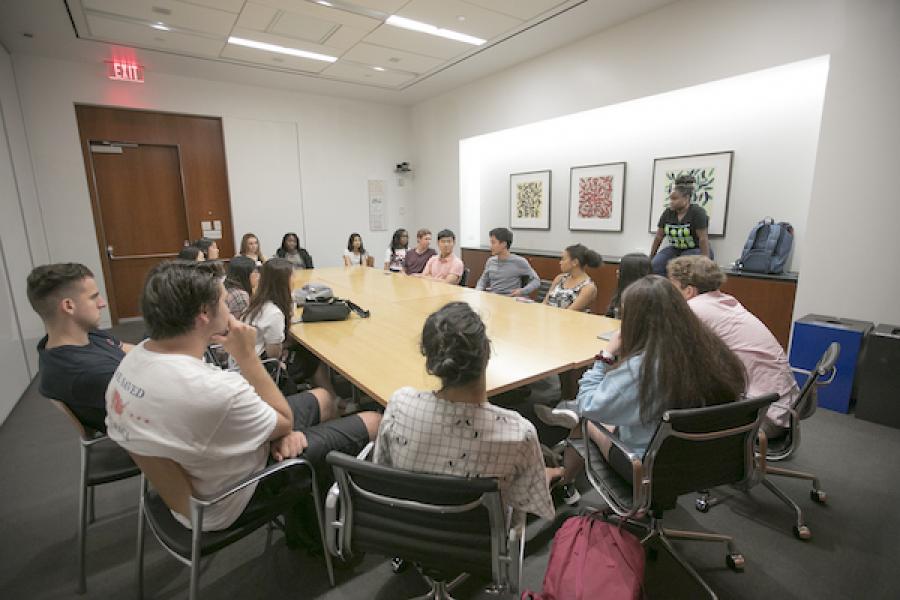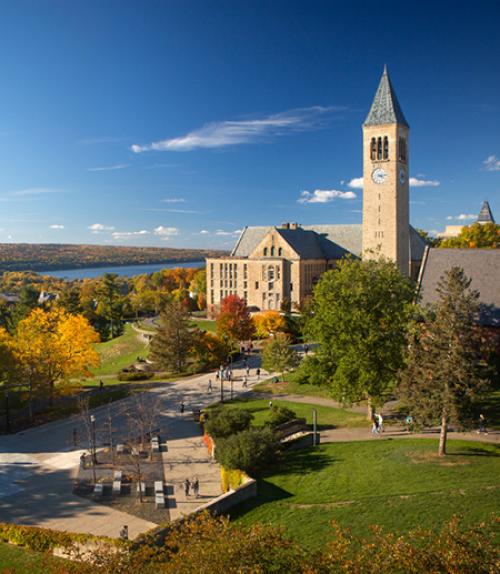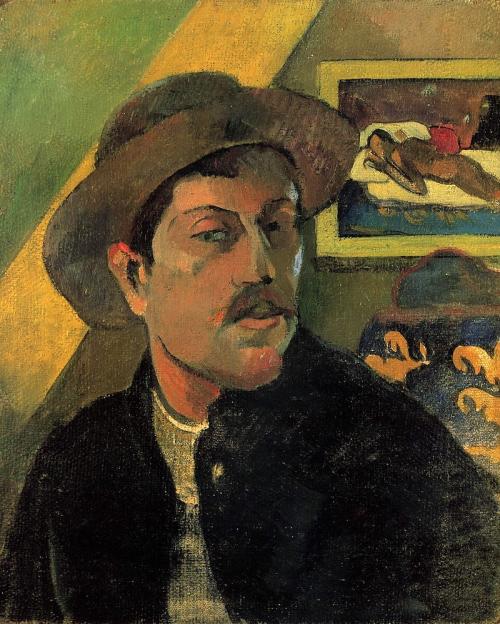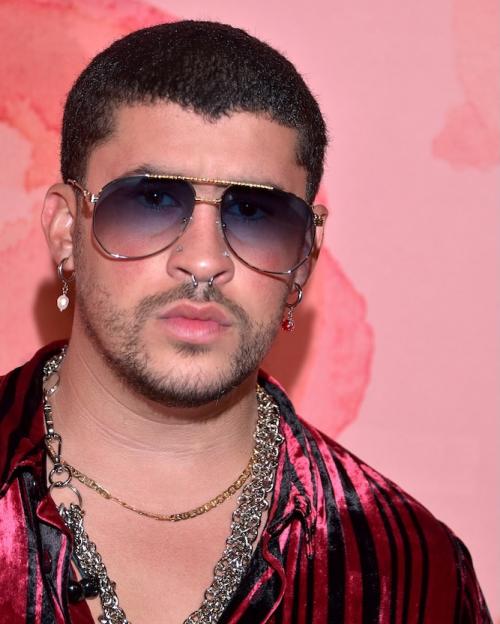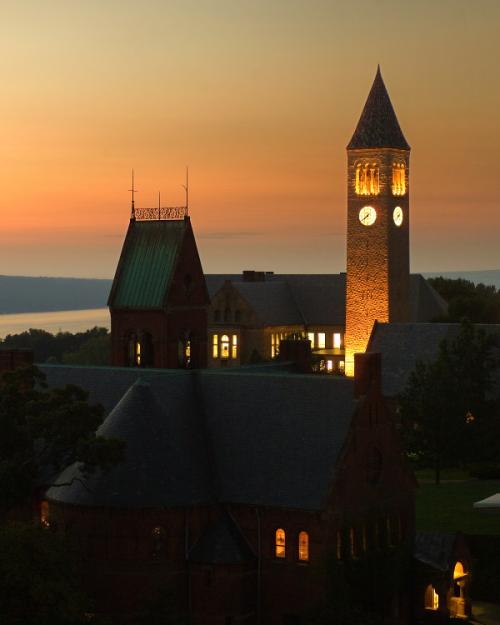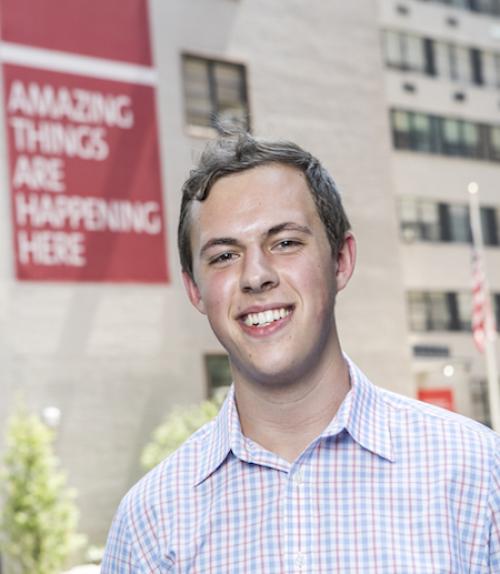John Carboni ’20 got a front row seat this summer in an operating room at NewYork-Presbyterian Lower Manhattan Hospital, as surgeons surgically cut into a patient’s shoulder area for a replacement, cutting into joints and replacing the ball and socket with a metal prosthesis.
“Orthopedics is a very physical surgery, where people are pulling back muscles, moving around bones,” he said, adding with pride that he didn’t feel the least bit queasy.
Carboni was one of 75 students from Cornell and other universities involved in the College of Human Ecology’s Practicing Medicine Program, a three-credit experience offered through Cornell’s School of Continuing Education and Summer Sessions.
After Carboni shadowed a few days with the orthopedic surgeon, the next week, he spent the day with a neurologist and learned that a typical visit includes more time talking to and screening the patient than conducting an actual hands-on physical exam. He also visited the neonatal intensive care unit and observed a gastroenterologist, a radiologist and a nephrologist among various other units in the hospital.
“This is a great way to get exposed to medicine … because I got to shuffle between physicians the entire summer,” he said. “The first rule I learned was to stay away from the blue, the blue tablecloths and things, because that’s where all of the sterile equipment is kept.”
Depending on his shadowing assignment, Carboni would arrive at 6:30 a.m. for early surgeries or stay into the late afternoon for appointments. He was able to chat with a variety doctors about their schedules, their day-to-day tasks and why they chose their specialty.
“One of the purposes of this class is to help you understand what it’s really like to practice medicine,” Carboni said. “We also talked about problems with the health care system and what we can do to improve it.”
Phoebe Ilevbare ’20 shares an opinion during the Practicing Medicine class.
Along with four days a week shadowing doctors, students in the program attended a weekly lecture led by Sam Beck, a senior lecturer in anthropology in the College of Human Ecology and director of the program. The weekly lecture featured speakers in the medical field, including faculty from Weill Cornell Medicine, and a discussion section based on reading assignments and reflections on student experiences focused on topics in medicine, including health equity, the social determinants of health and various healthcare careers.
“Students become participant observers carrying out an ethnographic inquiry of the culture and practice of medicine,” Beck said. “What makes this program unusual and what differentiates it from volunteering is that academic course work is integrated with what students experience by reflecting on their experiences through journal writing, intimate small-scale, peer group seminar discussions and a term paper.”
The class also visited locations throughout the city with connections to medicine, from a Chinese medicine museum to a food, beverage and nutrition museum.
The program encouraged students to focus on the entire person during their treatment, thinking about how someone’s gender, class, race or socioeconomic situation could impact their ability to stay healthy.
During classroom time, students heard from speakers in the medical field, discussed readings and reflected on their shadowing experiences.
While Carboni spent his days with doctors downtown, Phoebe Ilevbare ’20 shadowed physicians at NewYork-Presbyterian Brooklyn Methodist Hospital.
Ilevbare is majoring in biology and knew she wanted to study medicine from the moment she came to Cornell.
“I’ve always been interested in pediatrics,” Ilevbare said, adding that the summer program confirmed her direction.
Ilevbare said she was surprised to learn the length of a doctor’s day and how much time is spent making rounds and doing paperwork.
“Our students have the opportunity to experience what medicine is really about in one of the best hospital systems in the country by shadowing some of the best physicians,” Beck said, offering kudos to Weill Cornell Medicine and NewYork-Presbyterian. “The doctors who students engage with have multiple responsibilities and lead complex professional lives as they treat patients, carry out administrative functions and teach the next generation of doctors.”
For more information, visit sce.cornell.edu/medicine.
This story also appeared in the Cornell Chronicle.
